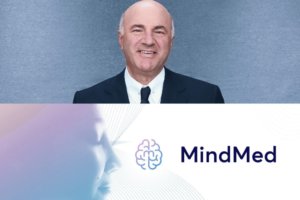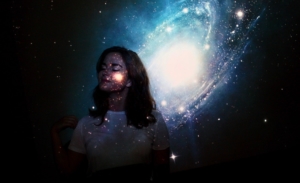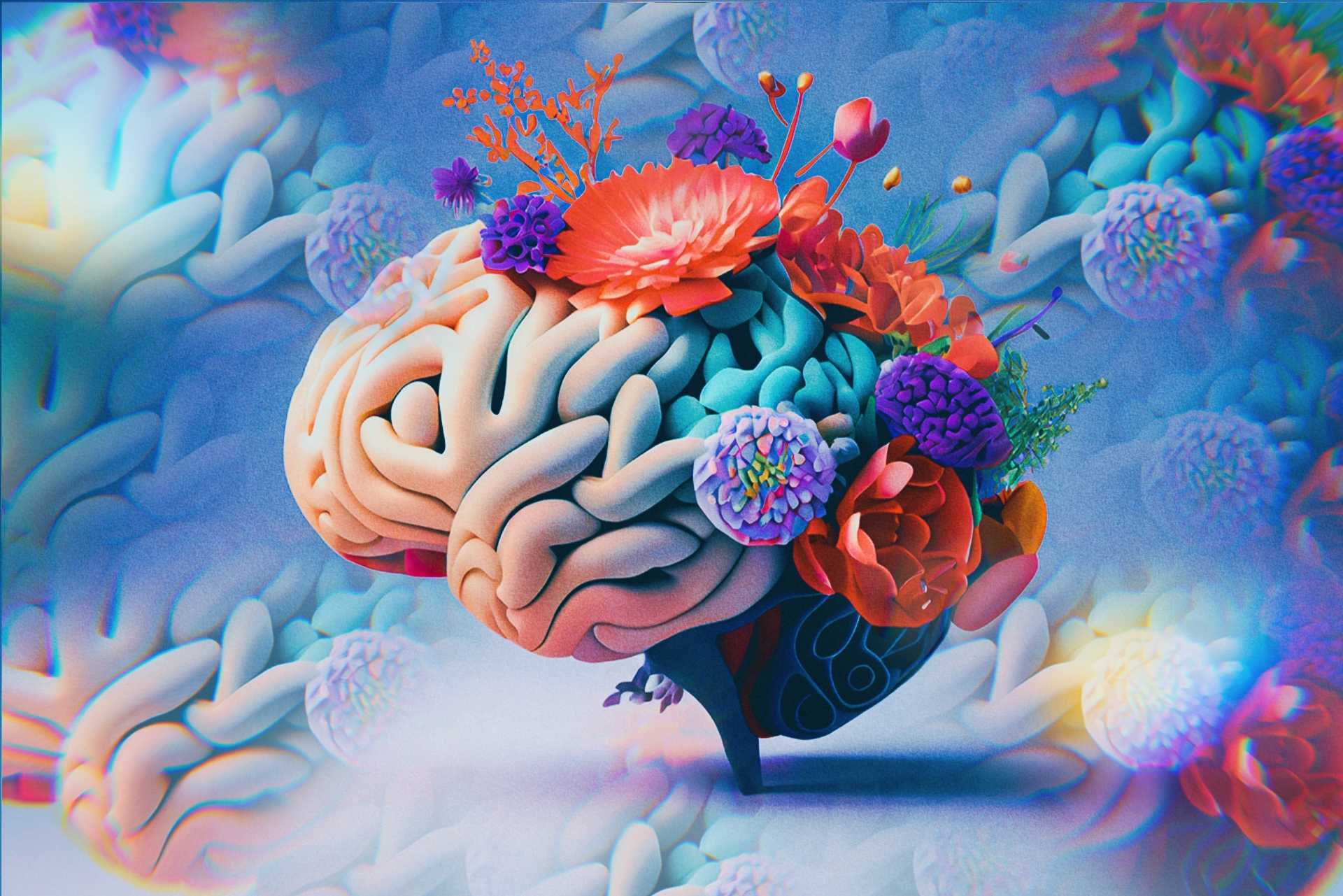
The newly-released findings, featured in the journal Proceedings of the National Academy of Sciences, offer an unprecedented insight into how DMT influences our more intricate cognitive processes, like imagination.
Researchers from the Imperial College of London have charted a groundbreaking path by closely observing the shift that occurs in individuals after they are administered a large dose of DMT.
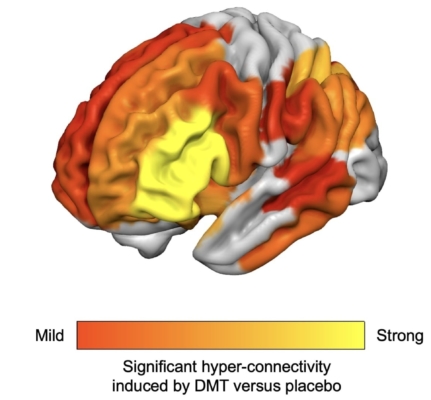
Dimethyltryptamine (DMT) is a potent psychedelic that can have immense mental impacts on the human brain within minutes of use. Although the effects are brief, users often describe these experiences as intense and life-altering.
This marks the first time that brain activity has been monitored in such detail before, during and after a DMT experience.
The study was composed of 20 eager volunteers, who each received a 20mg injection of DMT and placebo on two separate visits to the lab. Each person underwent rigorous screening protocols to ensure they were healthy enough both physically and mentally for the study.
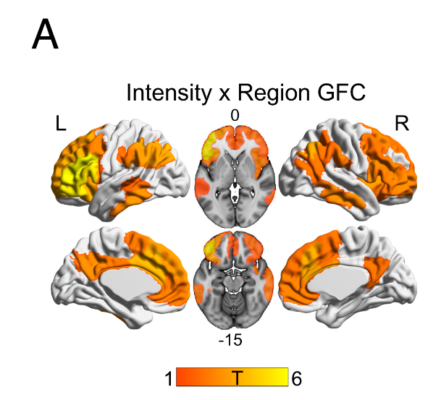
In comparison to other psychedelics like LSD and psilocybin, DMT is observed to take users into an altogether more intricate and immersive state of mind. This can range from intense visuals or sounds that may even feel like a near-death experience. Some people claim that they journey through various dimensions or alternate realities.
To gain a better understanding of how and why this phenomenon occurs, researchers analyzed two brain mapping technologies: electroencephalography (EEG) and functional magnetic resonance imaging (fMRI). The researchers monitored the participants’ brain activity while they were under DMT’s influence. The volunteers provided updates on the intensity of their trip, none of whom vomiting due to different drugs in its composition.
So, how does DMT affect the brain?
Through the recordings, we can observe how hierarchical organization within the brain disintegrates, electrical activity turns chaotic and connections between regions heighten – especially those dealing with “higher level” processes such as imagination that developed more recently in humans. The greater the intensity of an experience, the more linked those brain regions became.
The recordings show that this has an immense effect on the brain – particularly in areas that are essential for critical thinking, language understanding, memory recall and creative decision-making. Over the course of thousands of years, these areas within our brains have morphed into highly specialized regions that form how we perceive reality. The brain networks responsible for generating this experience become increasingly interconnected and collaborate in a much more chaotic, fluid manner than ever before.
By combining EEG-fMRI imaging techniques, this study offers an advanced perspective on the immediate effects of psychedelics on human brain activity.
By evaluating the neural signatures of a psychedelic state, the researchers have been able to confirm some already established properties—such as increased entropy and decreased alpha waves. Moreover, this update has further confirmed more recent claims such as altered traveling waves and elevated gamma power in addition to GFC changes. Together with its relationship between these metrics, these findings provide new insight into how psychedelics affect the brain.
The most remarkable thing to be gleaned from the current findings is how they correlate with a worldwide brain reaction caused by psychedelics, thus indicating an imbalance in activity in the transmodal association cortex pole (TOP) of the brain. A decrease in communication between sensorimotor modules at the lower end of the cortex was observed, yet dynamic and time-resolved analyses revealed that these effects may be a consequence of primary actions taking place within the brain’s highest level.
The importance of this study on current clinical trials
According to study authors, DMT can have a profound impact on human brain functions and offer scientists insight into how our minds work in an unconscious state. Its effects allow us to better understand the complexities of our own brains – as well as uncover potential new treatments for various neurological conditions.
Scientists consider that the flexibility of DMT to quicken brain activity could be the source for both extreme psychedelic experiences and positive results from clinical trial participants who took DMT along with psychotherapy to battle depression.
DMT has the potential to revolutionize depression treatment, offering drastically reduced duration of effects that psilocybin cannot provide. Not only would a patient receive just as effective results with fewer resources needed to administer it – such as therapeutic personnel and support staff – but also result in considerable cost savings.



